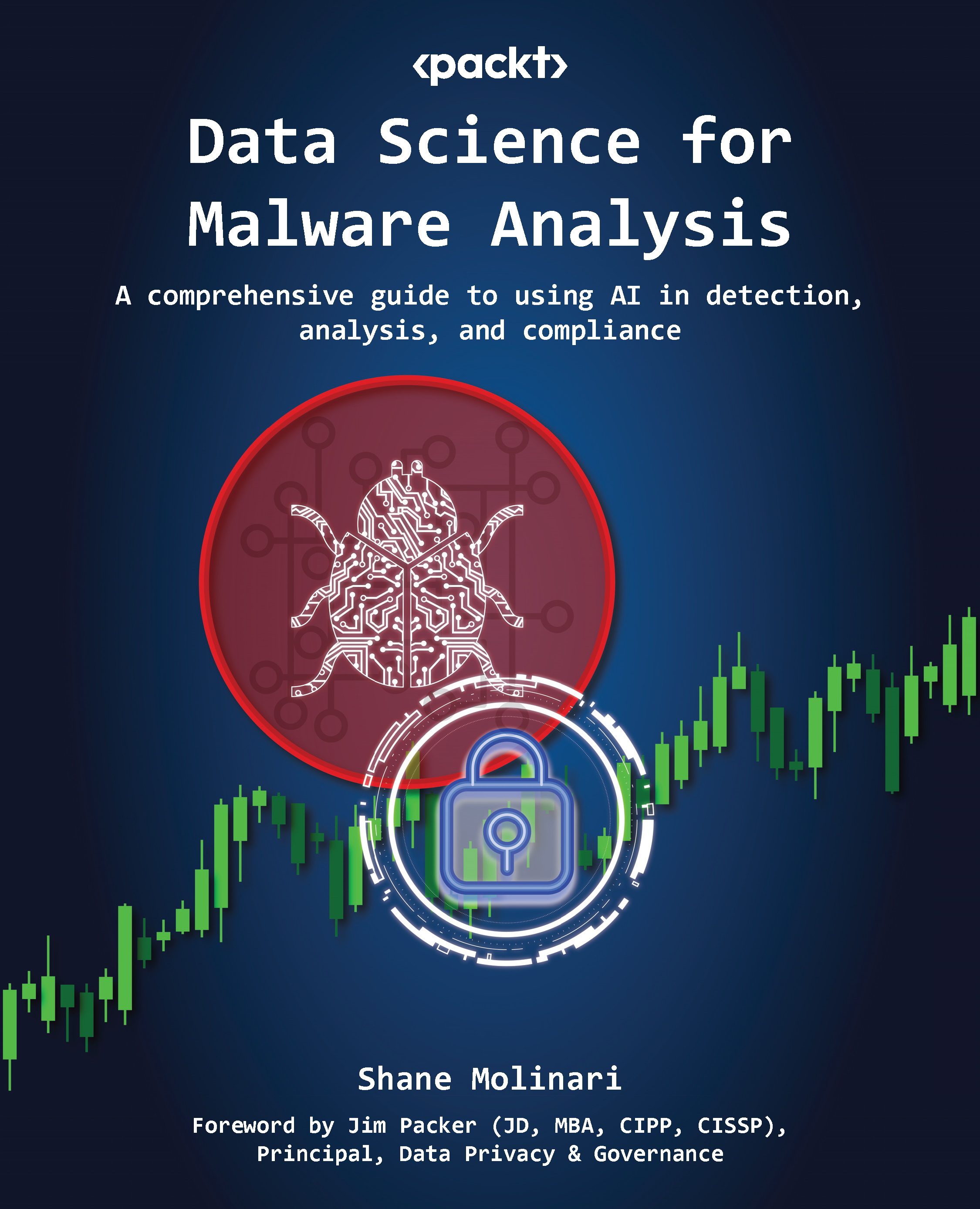Summary
We covered a wide array of topics related to cybersecurity, specifically focusing on the broader impacts of malware and ransomware incidents. We discussed how these cyber threats have economic, socio-economic, and operational consequences, affecting not just individual businesses but the global economic landscape as well.
We delved into various downstream impacts, from supply chain disruptions and job losses to the erosion of public trust and the need for tighter regulations. Emphasis was given to how smaller businesses and public services are disproportionately affected by the cyber threat landscape and the challenges in keeping up with ever-changing regulations.
AI’s role was also highlighted, noting its dual-edged potential as a powerful tool for enhancing cybersecurity measures and, conversely, for creating more sophisticated and potentially undetectable malware. However, there have been no widely reported incidents where AI was the primary tool for deploying...
































































